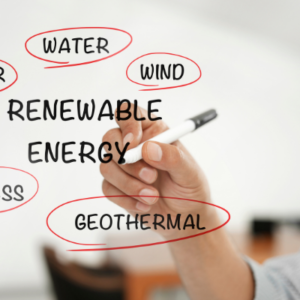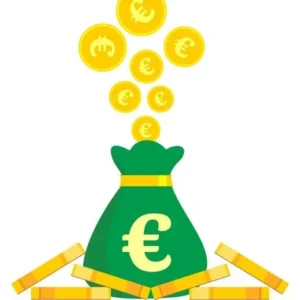The United Nations Development Programme (UNDP) in Mongolia has launched its first national-level study, “Empowering Vulnerable Households to Access Affordable and Clean Energy,” under the UN Joint Programme Acceleration of Just Energy Transition (JET) funded by the Joint SDG Fund. Co-financed by UNDP and the World Bank, the report provides policy pathways to ensure Mongolia’s shift to clean energy is inclusive, equitable, and people-centered.
Drawing on household surveys from more than 1,500 families across 21 provinces and nine districts of Ulaanbaatar, the study reveals that low-income households spend an average of 26.7 percent of their monthly income on energy during winter, more than four times the share of higher-income families. Families with many children, single elderly residents, and households with members with disabilities face the greatest barriers to heating their homes.
At the launch event, government officials, civil society leaders, academics, private sector representatives, and community members discussed the report’s findings and explored opportunities for a just energy transition. Mr. Enkhtuvshin G., Director of Strategy and Planning at the Ministry of Energy, said the report will help Mongolia meet its Sustainable Development Goals, Long-Term Low Emissions Development Strategy, and Vision 2050 commitments while ensuring fairness and inclusion.
The study calls for an integrated social protection policy to shield vulnerable households, an expansion of green financing to make clean energy and insulation more affordable, and improved transparency and citizen participation in energy reforms. UNDP Resident Representative Matilda Dimovska emphasized that reforms in the energy sector must uplift those already struggling to heat their homes and care for their families, ensuring that every step toward clean energy also advances fairness and opportunity.
The report highlights promising solutions such as heat pumps, floor heating, and improved insulation, which have already enhanced comfort and efficiency for early adopters. With targeted financial incentives, awareness campaigns, and community-level initiatives, these measures could be scaled up to benefit thousands more families and support Mongolia’s goal of a sustainable and inclusive energy future.







